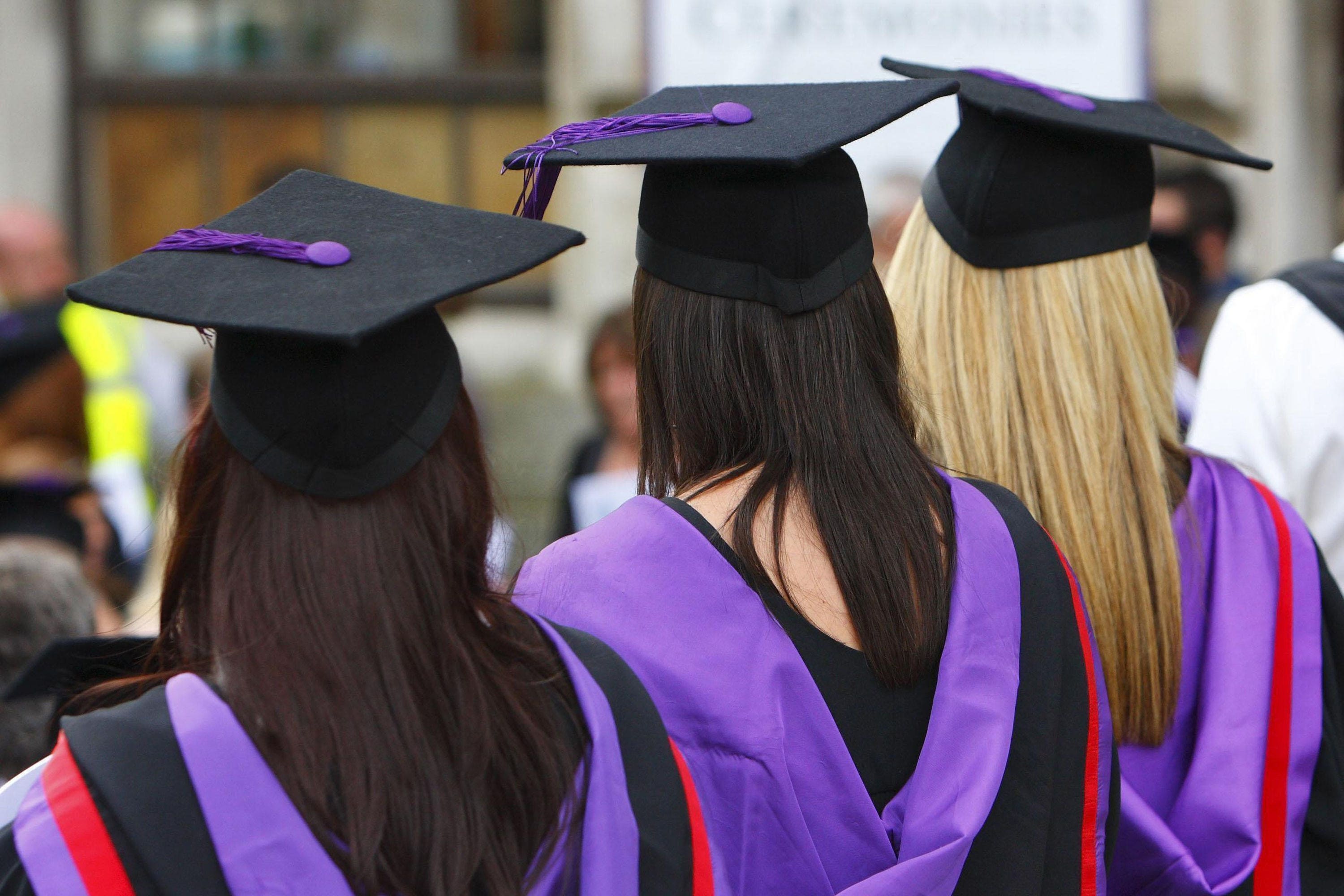Less than 3% of students affected by university marking boycott, UCEA says
UCU members have refused to mark exams or assessments since April 20 in a dispute over pay and conditions.

Your support helps us to tell the story
From reproductive rights to climate change to Big Tech, The Independent is on the ground when the story is developing. Whether it's investigating the financials of Elon Musk's pro-Trump PAC or producing our latest documentary, 'The A Word', which shines a light on the American women fighting for reproductive rights, we know how important it is to parse out the facts from the messaging.
At such a critical moment in US history, we need reporters on the ground. Your donation allows us to keep sending journalists to speak to both sides of the story.
The Independent is trusted by Americans across the entire political spectrum. And unlike many other quality news outlets, we choose not to lock Americans out of our reporting and analysis with paywalls. We believe quality journalism should be available to everyone, paid for by those who can afford it.
Your support makes all the difference.Less than 3% of university students will be affected by the ongoing nationwide marking boycott, the chief executive of the Universities and Colleges Employers Association (UCEA) has said.
Raj Jethwa said latest survey data from Thursday showed 2.6% of students – roughly 13,000 of the half a million students due to graduate this year – would be affected by the boycott, and the “vast majority of staff” are working hard to mitigate its impact.
Members of the University and College Union (UCU) at 145 universities across the UK have refused to mark exams or assessments since April 20, in a dispute with the UCEA over pay and working conditions.
Clearly the stumbling block is a difference in perception about what is affordable
The UCU has said it will continue until employers make an improved offer, meaning some students could face delays in learning their final results or receive no degree classifications.
Queen’s University in Belfast struck an agreement with the UCU on Wednesday, with marking now to be completed by August 7 and an additional graduation ceremony planned, the first local settlement reached in the dispute.
Speaking at a press briefing on Friday, Mr Jethwa said: “The boycott is a fundamental issue right now. Clearly the stumbling block is a difference in perception about what is affordable.”
He added the UCEA had clearly set out its position before the boycott began and that the situation “never needed to be like this”.
When asked about the hindrance the boycott may have on students’ job prospects after graduation, Mr Jethwa said there had been “a great degree of flexibility shown by employers”.
Other concerns raised around the boycott include the quality of marking students will receive for their work, and whether international students will have to re-apply for visas if they are left without their results as accreditation.
Professor George Boyne, vice-chancellor at University of Aberdeen and UCEA board member, said: “I don’t think there’s a concern about quality, but I do think there is research that has been sacrificed to prioritise the marking.”
Vivienne Stern, chief executive of Universities UK, said it is working with the Home Office on the issue and is “reasonably confident things are moving in the right direction”.
The marking and assessment boycott began on April 20, when the UCU hit out at what it described as “a real-terms pay cut, working conditions including increasing casualisation, pay gaps and unmanageable workloads”.